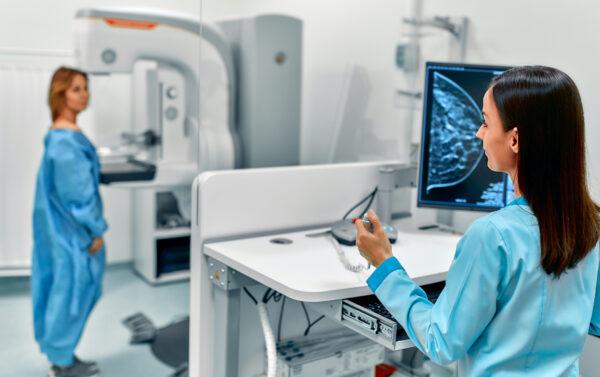A Danish study conducted by the University of Copenhagen has found that some common types of cancers increase the risk of developing type 2 diabetes (T2D), with elevated risks of mortality for patients that do develop T2D following a cancer diagnosis.
“Our study demonstrates that there is an elevated risk of developing diabetes if a person is affected by lung, pancreatic, breast, brain, urinary tract or uterine cancers,” said co-author of the study Associate Prof. Lykke Sylow.






